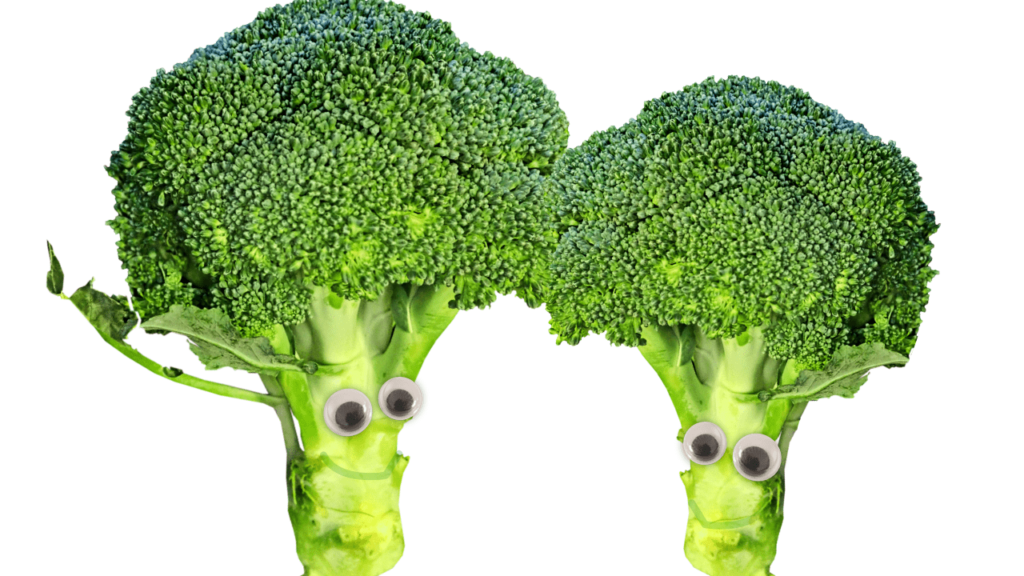A new study suggests that our brains process information inconsistent with prior knowledge of the world differently.
The study, conducted by a team of researchers from the Center for Research and Social Intervention (CIS-Iscte) and the University of Maastricht (Netherlands), found that sentences describing food with inanimate characteristics were more easily remembered than those describing food with animated features, both in a real-world context and in a fictional context.
The study, carried out at Iscte's Laboratory of Social and Organizational Psychology, used electroencephalography (EEG) to measure participants' brain activity while they read sentences about food, either in a real-world setting or in a fictional setting.
In the fictional scenario, foods had animated characteristics, such as being moody or able to talk. “Our brain processes language very quickly”, explains lead author Sara Soares, a doctoral student at Iscte, adding that “the difficulties raised by incongruent information are normally observed through EEG approximately 400 ms after the critical word of the sentence is presented”.
The researchers found that when participants read food sentences with animated features in a real-world context, their brains showed greater amplitude of the N400 component, indicating that sentence processing was more difficult.
However, in the fictional context, there was no significant difference in brain activity between sentences about food with animate and inanimate features.
In general, the results suggest that a minimal description of a fictional context is enough for our brain to adapt to information inconsistent with prior knowledge about the world.
“Most previous studies indicated that inconsistent information is easier to process after a long contextual explanation, as if the difficulties disappeared. In our study, eight sentences about an alternative reality in which food had human characteristics were enough to change people's ability to process this type of information”, explains Sofia Frade (CIS-Iscte).
In addition, people remembered better the phrases that described foods without human-like characteristics. According to researcher Rita Jerónimo from CIS-Iscte, “describing food in terms of inanimate characteristics is in line with our prior knowledge of the world, which seems to facilitate the retrieval of that information”.
According to researcher Sonja Kotz “this study contributes to understanding how our brain processes information inconsistent with prior knowledge of the world, and how context can influence this process”.
Researcher Sara Soares added that “these results may have implications for understanding how we process and remember linguistic information in different contexts, such as educational materials or advertising”.
The authors also point out how this study can inform theoretical models about language, but call attention to the need for more research that considers individual characteristics, such as propensity for fantasy, or capacity for cognitive flexibility, for example.

Author Pedro Simão Mendes | Science Communication (CIS-Iscte)



















Comments